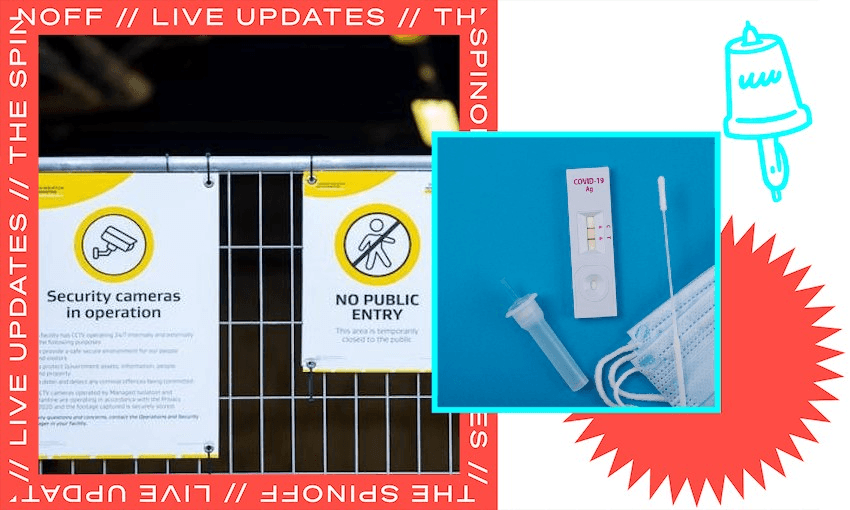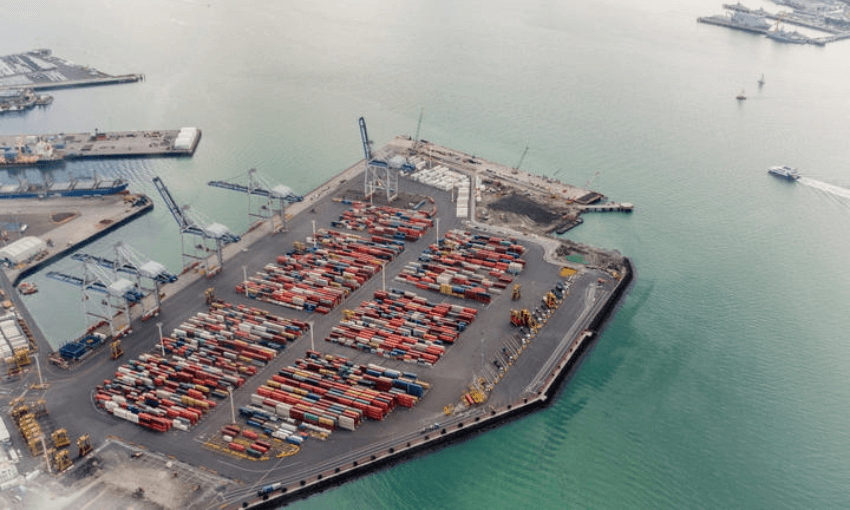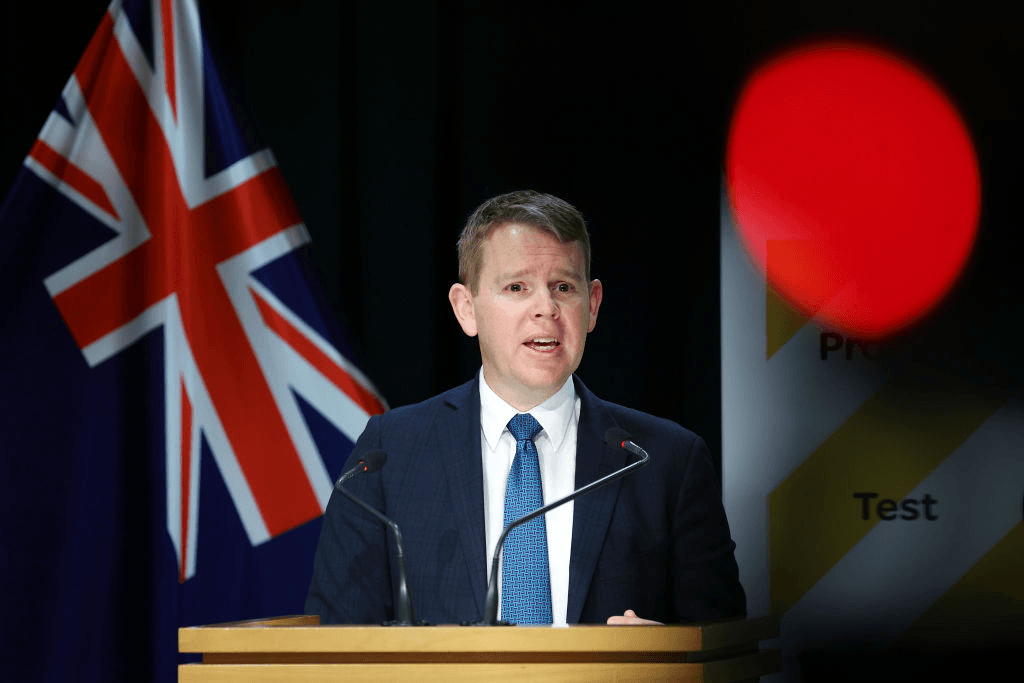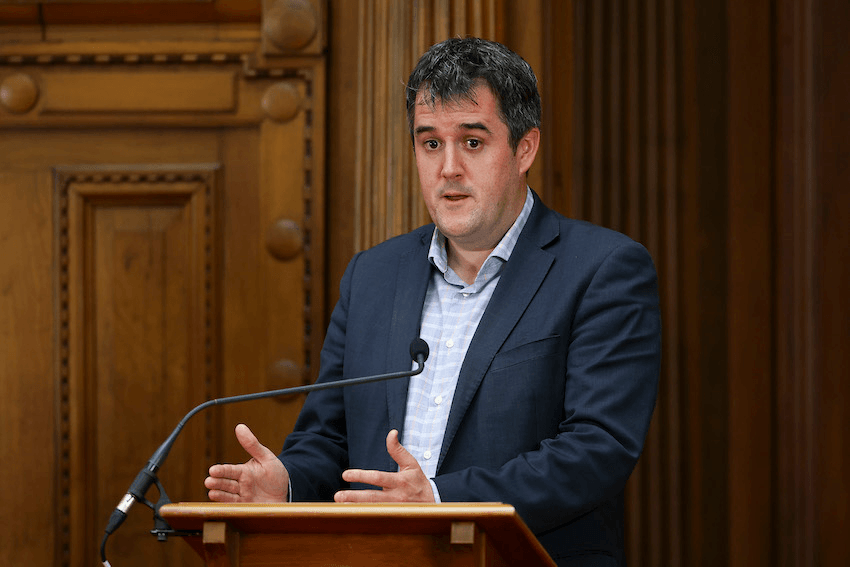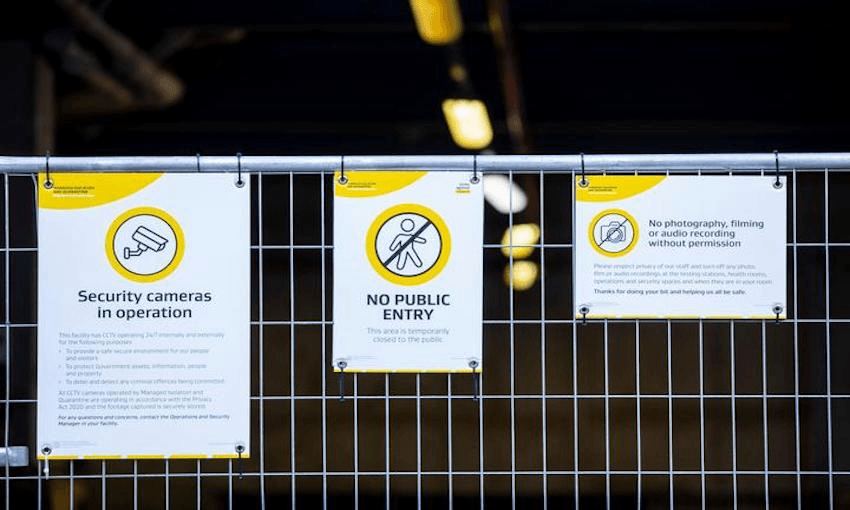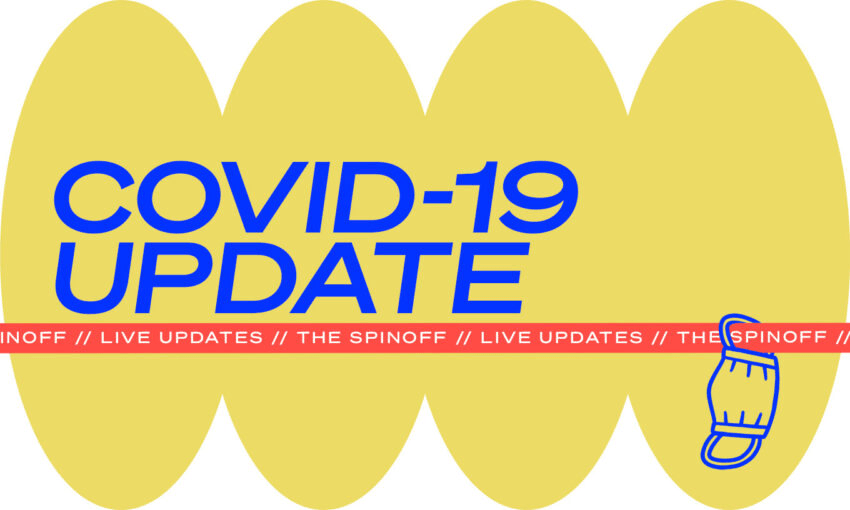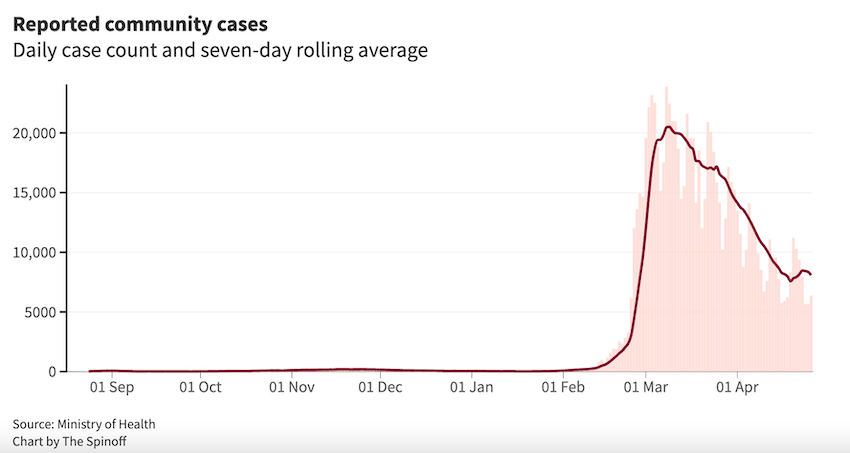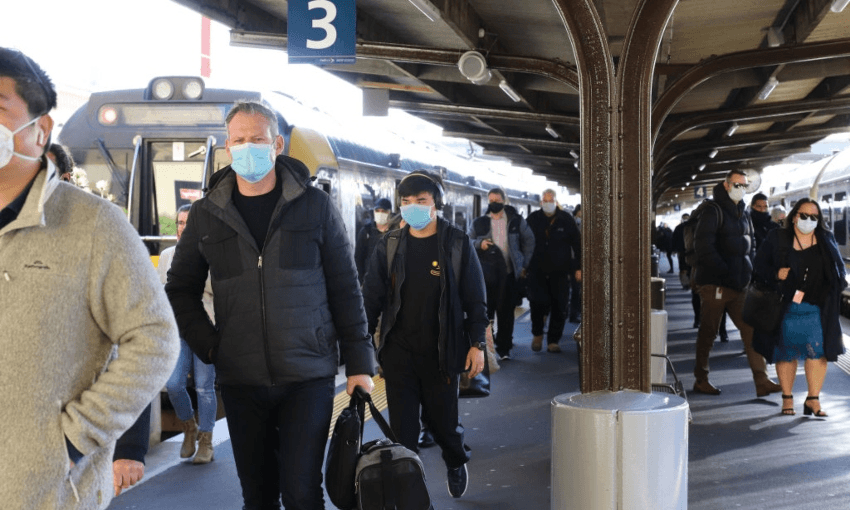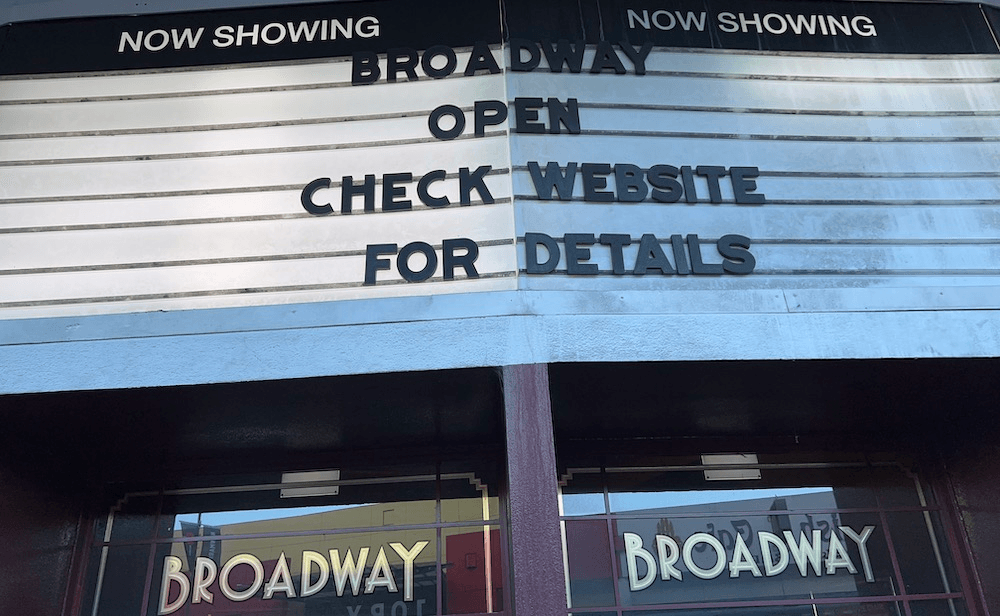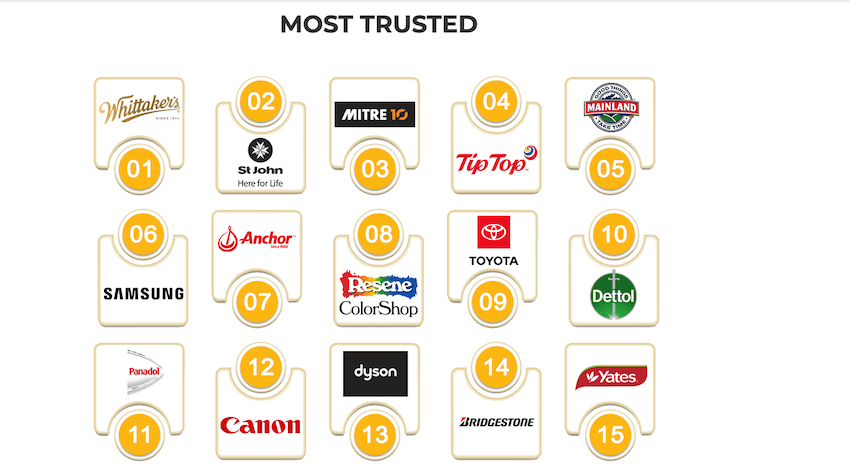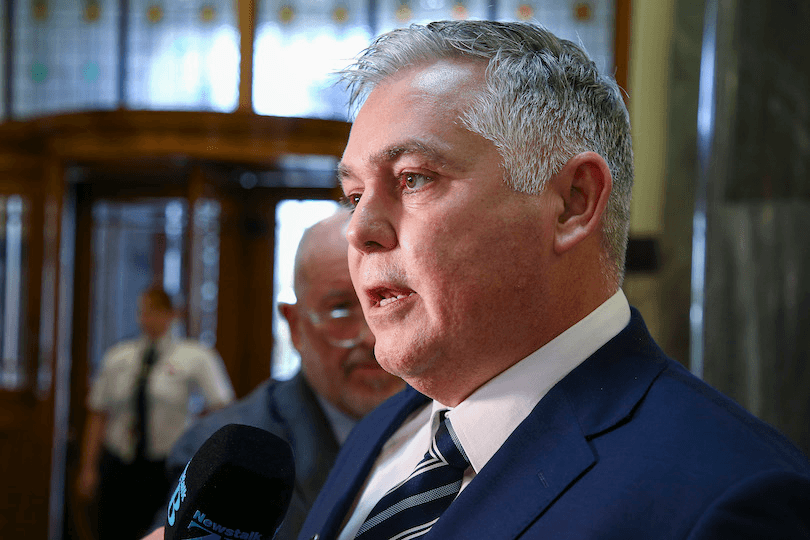National’s blaming the government’s “soft on crime” approach for a rise in ram raids in Auckland.
Earlier this week, a trio of vehicles raided an Auckland shopping mall and took off with a car load of stolen goods.. It follows a spate of similar ram raids throughout the city, mainly targeting malls or high end shops like Louis Vuitton.
Mark Mitchell, National’s police spokesperson, told Newshub that it was the government’s fault. “I’ve never seen it as bad as it currently is,” he said of crime in New Zealand. “The problem is you’ve got these juvenile and youth offenders that, because of the pursuit policy, know they can commit crime or violence and get away with a high likelihood of escaping.”
In a press release issued a week ago, Mitchell made similar assertions. “Offenders have realised they can steal a car or flee the scene of a crime without the risk of being pursued or stopped by the police,” he claimed.
“As a result of this government’s soft on crime approach, youth offenders, gang members and organised crime groups behave as if they can act with impunity. This has created a violent crime wave in New Zealand which puts our police and the community they protect in more danger.”
During last night’s Newshub interview, Mitchell conceded there had been some positive impact from the change in the pursuit policy. “In some ways it’s good because it’s reduced serious injuries and fatalities… but they’ve got to put a lot more work into a better pursuit policy that actually means there are consequences for offenders who choose not to stop for police.”
National’s Simeon Brown, who is no longer police spokesperson but continues to be vocal on the subject, tweeted that “crime is out of control under Labour’s soft on crime approach to law and order”.
But a possible future Auckland mayor, Labour-endorsed candidate Efeso Collins, has another belief as to why ram raids are becoming more common. He told RNZ this morning that youth poverty was to blame. “The police association have said that more police on the beat… isn’t going to solve this issue,” said Collins. “Immediately what we need to be doing is talking to the business association, getting a really good understanding of what they believe is going to assist, and then walking alongside youth workers and social services.”
He said that the Covid-19 pandemic and its associated lockdowns meant people spent a lot of time “cooped up” and not interacting with one another. “I’m of the view that poverty is driving much of this behaviour which is why we need an all of society approach,” Collins said. “We’ve got to respond to that poverty which means making sure people are housed, our young people are in school and in training, and that’s going to take time.”
